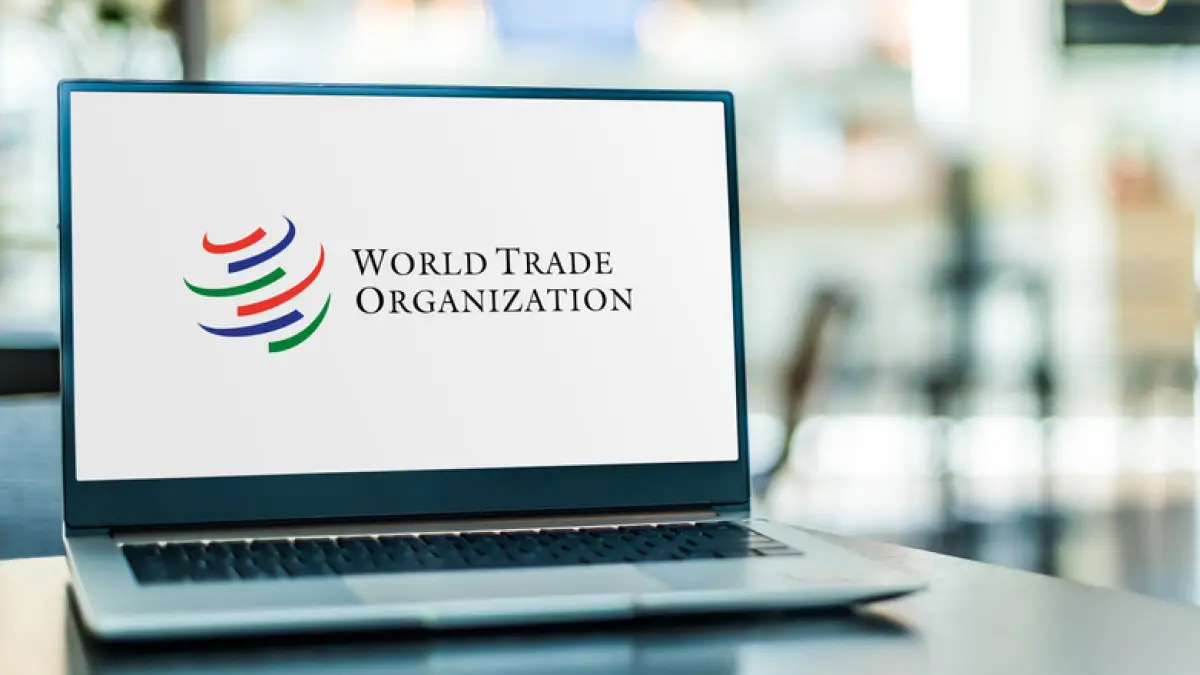India, South Africa, and Egypt have expressed their apprehensions regarding the ongoing discussions on reforms in the dispute settlement system at the World Trade Organization (WTO) ahead of the 13th ministerial conference (MC13), scheduled for February next year. These concerns were raised in response to informal talks initiated by the US, seeking consensus on reforms in the dispute settlement system for the upcoming MC13 in Abu Dhabi.
The existing two-tier dispute settlement system of the WTO, which involves consultation and adjudication, has been non-functional since December 2019. The US has refused to agree to appoint fresh members to the seven-member appellate body, claiming that the current system has exceeded its mandate. Instead, the US has expressed a preference for a single-tier system and increased scope for resolving disputes through bilateral negotiations.
The three concerned members, including India, have emphasized that these informal talks were meant to contribute to the broader multilateral discussions on dispute settlement reforms, in line with the mandate set by the MC12 Ministerial Declaration. They expressed reservations about the format and pace of the discussions, stating that it has made it challenging for developing countries, particularly the least developed countries (LDCs), to effectively participate and present their views.
The lack of record-keeping and information sharing, alongside the informal and fragmented nature of the process, has created information asymmetry and favoured resource-rich delegations. According to the three members, the current drafting process deviates substantially from accepted WTO practices and limits the ability of member countries to submit their proposals.
They called for a more inclusive, equitable, and transparent process, guided by the Chair of the dispute settlement body, to ensure full and equal participation of all WTO members. They emphasized the need for consensus-based decision-making and facilitation by Chairs or co-chairs, as per WTO norms. Furthermore, the three members highlighted the importance of addressing concerns related to the accessibility of developing countries and LDCs, including issues of third-party rights, compliance, retaliation, technical and financial assistance, litigation costs, and capacity building.
While asserting the long-standing interests of developing countries in reforming the dispute settlement system, the three members stressed the significance of maintaining a fully functioning two-tier system with an appellate body at its core. They called for any reforms to consider the challenges faced by developing countries, including capacity constraints and limited access to legal expertise. The members insisted that the reform process should not burden developing countries, including LDCs, in practice.
The concerns raised by India, South Africa, and Egypt shed light on the need for a more inclusive and transparent process for discussing reforms in the dispute settlement system at the WTO. As the MC13 approaches, it remains to be seen how these concerns will be addressed to ensure the effective participation of all member countries and the development of a fair and balanced dispute settlement framework.

